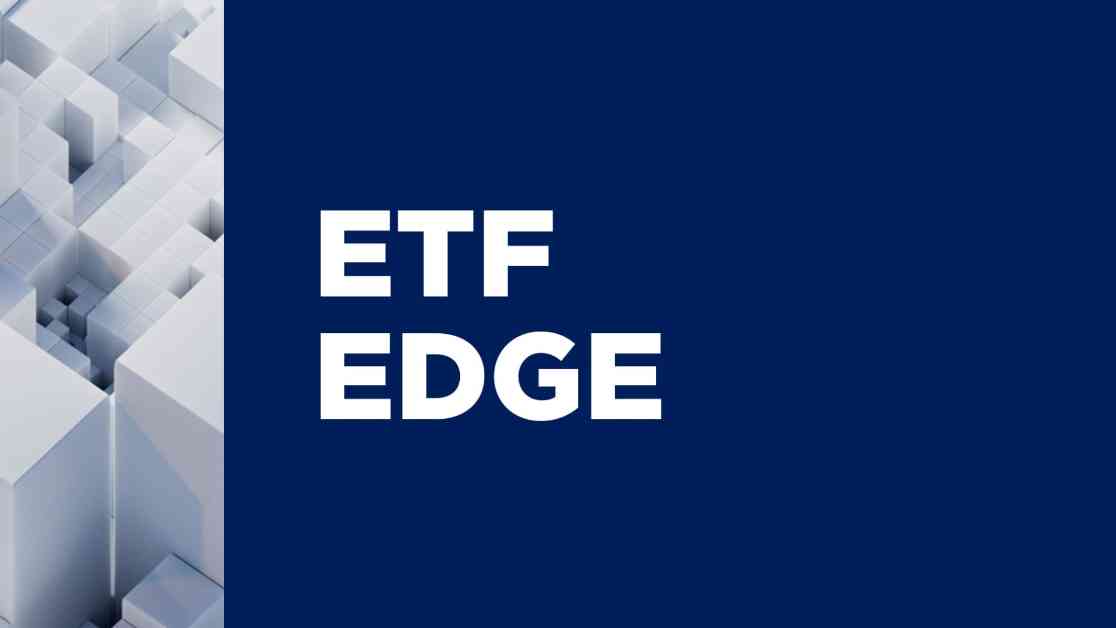Blockchain technology has been making waves across various industries, and the ETF industry is no exception. The impact of blockchain on ETFs is a topic of great interest and speculation, with many experts weighing in on how this technology may change the landscape of exchange-traded funds.
The Potential of Blockchain in ETFs
One of the key benefits of blockchain technology in the ETF industry is the increased transparency and security it offers. By using a decentralized ledger system, blockchain can provide real-time tracking of transactions, making it easier to verify the authenticity of trades and holdings. This level of transparency can help reduce risks and increase investor trust in ETFs.
Furthermore, blockchain technology has the potential to streamline the creation and redemption process of ETF shares. Currently, this process involves multiple intermediaries and can be time-consuming and costly. By using blockchain, the creation and redemption process can be automated, reducing the need for intermediaries and lowering costs for investors.
Challenges and Considerations
While the potential benefits of blockchain in the ETF industry are clear, there are also challenges and considerations that need to be addressed. One of the main challenges is regulatory compliance. As blockchain technology is still relatively new, regulators are still working to establish guidelines and regulations around its use in the financial industry. This uncertainty can pose challenges for ETF issuers and investors looking to adopt blockchain technology.
Another consideration is the scalability of blockchain technology. While blockchain offers increased security and transparency, it also comes with limitations in terms of processing speed and capacity. As the ETF industry continues to grow, scalability will be a key factor in determining the feasibility of using blockchain technology on a larger scale.
Current Trends and Developments
Despite these challenges, there have been some notable developments in the use of blockchain technology in the ETF industry. For example, some ETF issuers have started exploring the use of blockchain for tracking and verifying the underlying assets of their ETFs. This can help improve transparency and reduce the risk of fraud in the industry.
Additionally, there has been a rise in the number of blockchain-based ETFs being offered to investors. These ETFs invest in companies that are involved in developing or using blockchain technology, providing investors with exposure to this rapidly growing sector. While these ETFs may carry higher risks due to the volatility of the blockchain market, they also offer the potential for high returns for investors who believe in the future of blockchain technology.
In conclusion, the impact of blockchain on the ETF industry is still evolving, with both challenges and opportunities on the horizon. As regulators work to establish guidelines and regulations, and as ETF issuers continue to explore the use of blockchain technology, we can expect to see further developments in this space. Investors should stay informed on the latest trends and developments in blockchain technology to make informed decisions about their ETF investments.






















